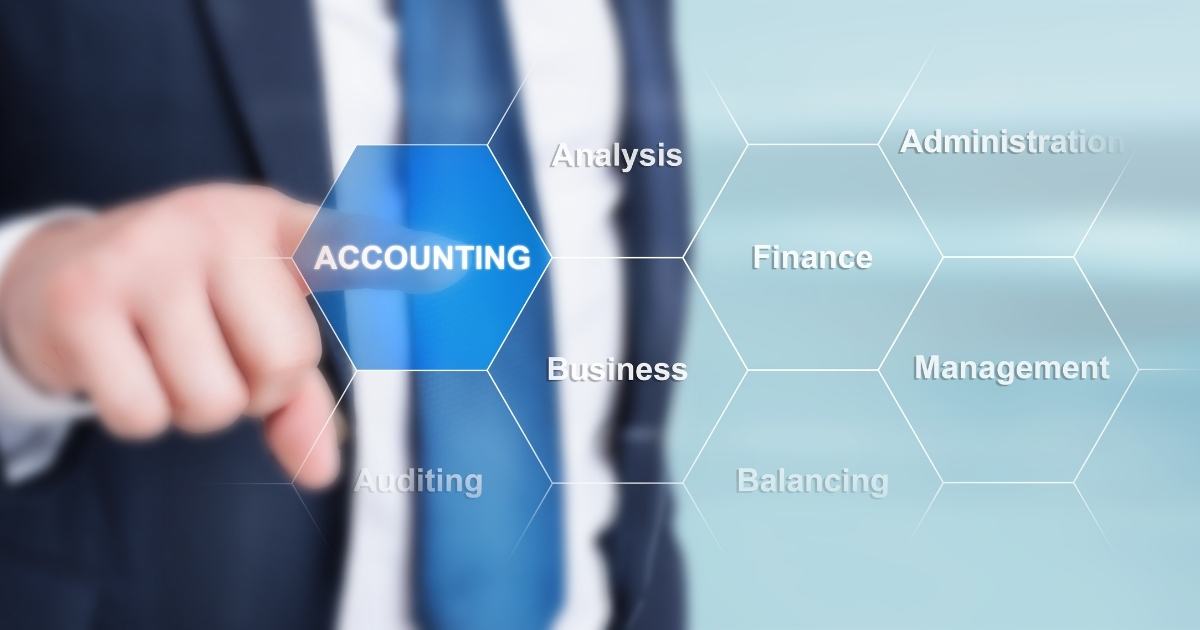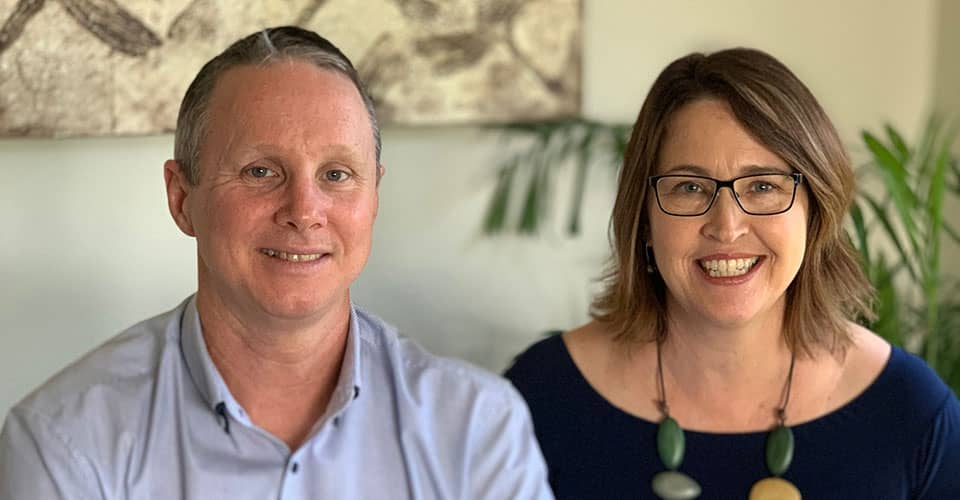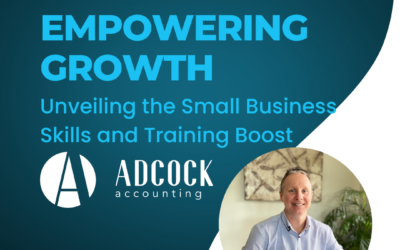How a Virtual CFO can help your Cairns small business
You might have heard the acronym CFO previously in referring to the Chief Financial Officer of a large national or multi national organisation. CFO’s in these positions are part of the senior executive management team and can attract an annual salary of up to $250,000 to $300,000.
I know you’re thinking that’s not bad for a years work, however CFO’s in these corporate environments carry a lot of responsibility and play a very important role in almost all the decision making of the company.
Traditionally CFO’s have been responsible for managing all the financial outcomes of a business from managing the finance and accounting team, providing strategic recommendations, financial forecasting and maintaining relationships with key external stakeholders.
In recent years CFO’s have seen their role transform somewhat with a greater focus on strategy and driving transformation. Responsibility has also increased in the areas of digitization in line with technological developments in cloud accounting, business process transformation, data visualisation and data analytics.

Virtual CFO – A New Concept
Virtual CFO’s have been around for a few years now but are still a relatively new concept. You may of heard of the term or noticed the acronym ‘vCFO’. A vCFO can apply a tailored approach in delivering CFO services to a small business.
Their services and skills are similar to a corporate CFO but given the different dynamics of a large corporate business with that of a small business they can operate on a part time basis at much less cost to the business.
A good vCFO should provide real time financial data, peace of mind, insights, clarity and purpose to a small business. Not dissimilar to a corporate CFO.
Thanks to automation and cloud accounting, services that were once only available to larger organisations are now easily attainable and affordable for small business. Add in best practise, a vCFO with real experience and expertise and your Cairns small business is well on its way to financial success.
What does a Virtual CFO do?
The first job of a vCFO would be to establish a comprehensive management reporting framework to ensure timely and accurate financial reporting. This to me is an absolute essential first step in providing support to the decision making process and in creating clarity and peace of mind for the small business owner.
From there the model can be expanded to include budgets and forecasts. Another essential ingredient for successful decision making. Just as important in setting the budget is making the comparison to actual results. This should be done regularly in accordance with the reporting cycle. The focus should be gaining an understanding of the reasons for any concerning variances.
With a budget in place another important role of a vCFO is to keep the management team focused and looking ahead. What a lot of business owners do and it baffles me why is not use the budget to drive the business forward, isn’t that why they are created in the first place! What’s the budget for next month and what do we need to do to get there? Two very important questions!
The framework can be further expanded by including dashboards and data visualisations, analytics, KPI development and measurement. These are all very powerful tools and can provide small business owners in Cairns with valuable insights into their business. The insights and further understanding gained on the key metrics of a business through using these tools can help formulate new strategies. The knowledge gained provides clarity and assists immensely in making day to day decisions affecting the future of the business.
Just like a corporate CFO a vCFO has an important role in developing and supporting strategy. They should also play a key role in ensuring its execution throughout the business. A strong management reporting framework and a consistent process in identifying trends and analysing and measuring data will form the foundation of strategy development for all small business. Further, a management team and a vCFO with good lateral thinking skills as well as a complete understanding of the complexities of the business is needed to formulate good strategy.
Through alignment of financial and strategic goals a good vCFO will provide purpose as well as clarity for the small business owner.

Virtual CFO case study by Adcock Accounting in Cairns
To illustrate how a vCFO can help small business I would like to provide a case study example of a business I have been involved in recently. Before we start, I would like to make note that any change within a business starts with good leadership and a strong team that works together. Not one of the changes that have taken place and highlighted below would have happened without these pre-requisites.
The Boutique Collection Group is a well established local family owned business operating out of beautiful Palm Cove, Cairns. I get to go out there regularly so not complaining at all!
The Boutique Collection group manages a diverse range of boutique properties in Palm Cove and Port Douglas. The company handles everything from marketing, reservations, guest check ins, property maintenance and even interior design. Now this is your typical family business built from scratch and through simple hard work, guts and determination.
Like other Cairns small business operators, having to juggle HR, industry compliance, customer relations, IT management, employee management, risk management, taxation compliance, marketing as well as managing operations leaves no time to develop strategy, set budgets and analyse performance. Sounds familiar doesn’t it!
Although absolutely essential now, prior to Covid budgeting and forecasting models were not used due to their cost and unknown benefits. Accurate financial data was never timely and hence why decisions were made based more on a ‘gut feeling’ rather than backed up by relevant financial data. Although I must admit the ‘gut feeling’ approach was generally well thought out and backed up with years of experience but I wouldn’t recommend it over the long term.
The property management system (PMS) which is paramount in managing reservations, housekeeping, client monies and issuing property statements was outdated and clunky. Given the large volume of historical data and inconsistent processes used over the years it was difficult to obtain any meaningful reports from the system to aid financial decisions. Additionally, the business used separate property management systems for each location creating difficulties in process management and inconsistent reporting.
Monthly management meetings were held regularly and based on raw data from the PMS. They were structured and focused on last months results. They lacked accurate and real time financial data and there was limited discussion and planning around future targets and cash flow management.
That was two years ago and I am happy to report things are different now. The future although uncertain, is not viewed with the same animosity as it was in the past. There is a comprehensive management reporting framework in place including profit and cash flow budgets. Planning for contingencies such as Covid has become easier, decision making is supported with a strong set of financial aids and the company has access to real time financial data, not 9 months old but in most cases, just a few days.
Having a better understanding of the key metrics of the business has also assisted decision making. Knowing such things as break-even point and important financial ratios has helped drive important decisions relating to cost reductions and future staffing requirements.
Key performance indicators (KPI’s) have been developed to help drive improvement in areas where margins have been historically tight. These have led to a complete change in strategy in managing costs and carrying out essential activities of the business.
The business has a new property management system (PMS) and the various divisions have been consolidated into the one clean, accurate and easily maintainable PMS that now provides reliable reporting to support management. Processes amongst the various office locations have also been aligned creating efficiencies and consistent reporting and data entry when using the PMS.
On a monthly basis, visual aids such as dashboards are used to provide a snapshot of the previous months results as well as key indicators and trends. Budget to actual variances are reported and analysed monthly, monthly financial statements including a profit and loss statement and balance sheet are presented to the executive team and a monthly rolling cash flow budget is used to forecast the future cash position when times get tough, as they have again done just recently.
Improvements in IT, the website reservation system and alignment with wholesale booking agencies as well as improvements in internal systems and process that support these activities have been ongoing now for a number of months. Once completed benefits will flow to the business with improvements and time reductions in managing reservations. This has become increasingly important for The Boutique Collection due to the large volume of cancellations and rescheduling that needs to be dealt with now on a regular basis. It will also enhance the user experience when using the website and making a booking.
Although like any business today the future holds many challenges but with these changes at The Boutique Collection comes peace of mind in knowing that decisions and future strategy is supported by a comprehensive framework that produces reliable, accurate and real time financial information.
This has aided in producing a pipeline of future planned changes such as introducing business automation software to support the management of housekeeping and property maintenance activities. Also on the table is a review of the options available to increase integration and automation of the property management system. The timing of these activities will of course be dependant on cash flow and staffing resources but at least now the business can have confidence in planning for them.
Although not originally contracted as a virtual CFO, my role has now transformed into something similar with my services now only needed on a part time basis. With the framework and the right staff and processes in place the accounting and finance function just needs my support and oversight throughout the month. This has been another cost saving for the business.
As I mentioned earlier this transformation for The Boutique Collection has been a complete team effort and I in no way am claiming this was due to any one individual effort, merely using the example to illustrate the importance of a strong reporting and budgeting process and the difference that it can make to a business.
Conclusion
I hope the case study has highlighted what a virtual CFO (vCFO) can bring to other similar small businesses. The benefits include:
- Real time financial data through using cloud accounting and automation to support decision making
- Clarity through visual aids and dashboards and accurate forecasting
- Peace of Mind through accurate and timely financial reporting and cash flow management
- Valuable Insights through data analytics, performance measurement and trend analysis
- Purpose through alignment of financial and strategic goals
- Strategy development by providing financial support and analysis
About the Author
Anthony Adcock is a business advisory and tax professional with over 25 years experience in working with business owners on their business. Anthony has first hand experience as vCFO for multiple businesses, assisting to drive change and increase profitability in small business operations.
This advice is general in nature and has been prepared without taking into account your particular financial circumstances, needs and objectives. Before making any decision, you should assess your own circumstances and seek professional advice from your financial and/or taxation advisor.
“Liability limited by a scheme approved under Professional Standards Legislation.”




